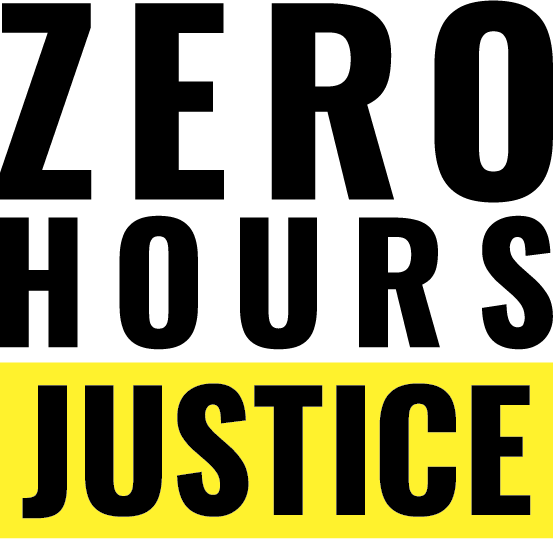|
By Pravin Jeyaraj Almost half of workers on zero hours contracts could end up losing their jobs by 2040 as a result of automation, according to research by Forrester. According to the the consultancy's Future of Jobs forecast, insecure workers, including those on zero hours contracts in the UK, will be among those most affected by the loss of the 34% of jobs in France, Germany, Italy, Spain and the UK. The sectors that will be most affected by automation are expected to be the wholesale, retail, transport, accommodation, food services, and leisure and hospitality. According to the Office for National Statistice, these sectors currently account for just under 50% of workers on zero hours contracts (495,000).
BORIS JOHNSON's PLAN B makes cost of living crisis worse for workers on zero hours contracts18/1/2022
By Pravin Jeyaran The various restrictions imposed by the Goverment during the pandemic, whilst arguably essential, have also had an adverse impact on many people. One group that hase been affected by lockdown and social distancing measures have been workers on zero hours contracts, particularly those within the hospitality, retail and leisure sectors. With non-essential businesses being required to close during lockdown - or later open up under certain conditions - many zero hours workers saw their work, and hence pay, disappear or significantly reduced According to research by the TUC, 40% of workers in insecure roles saw their living conditions worsen during the pandemic, compared to 27% of those in secure roles. Nearly three quarters of workers on zero hours contracts reported losing out on shifts or hours. There are many criticisms that have been levelled at the Government over their handling of the pandemic. But one good thing that was done was the launch of the Coronavirus Job Retention Scheme (CJRS), which enabled employers who had to close to continue to pay staff who were unable to work. The scheme was arguably a lifesaver for many workers on zero hours contracts. It is unfortunate, however, that not all employers chose to make use of the scheme to pay their zero hours workers. The CJRS certainly seems like a model that could used for future pandemics, if not a permanent support mechanism for precarious workers. Yet when Boris Johnson announced its Plan B in response to the spread of the Omicron variant, including asking people to work from home as much as possible, one knock-on effect was that people started to impose on themselves a "voluntary lockdown". This resulted in hospitality businesses and retailers seeing a fall in business and cancellations in the run-up to Christmas - usually one of the busiest times of the year - and hence a fall in the amount of work for staff on zero hours contracts. Without a furlough scheme, many of these employers would have been unable to support zero hours staff who may have been working for them for some time. It didn't help that the Government did not exactly challenge rumours that an official lockdown would be announced straight after Christmas - a lockdown that, in the end, did not happen. Charlotte Gill, Deputy Edity of Conservative Home, put it succintly: "Whatever the case, the combination of lockdowns, and de facto lockdowns, with zero-hour contracts, is not a successful one, and the Government should show more awareness of this – especially one that wants to “level up” the country. People can feel “left behind” when the working-from-home elite shows no consideration for industries that don’t have this advantage. It is yet another example of how the pandemic has affected members of the public differently. Too often our political class, and the media, forgets that every cry for more restrictions leaves a huge dent in someone else’s trade.
"Given that it is January – when activity, particularly in hospitality, tends to be at a low point – one imagines that insecure employment may be even more of an issue than it was when Johnson spoke of Plan B. Add to this the cost of living crisis, and we are no way (economically) out of the woods yet. Either way, the Government must not lose sight of this part of the electorate." |
contactFor press enquiries or permission to reuse content, please contact: Archives
June 2024
CATEGORIES
All
|
|
Company No: 12417909 Registered Office: 38 Coney Street, York, Y01 9ND
|



 RSS Feed
RSS Feed


